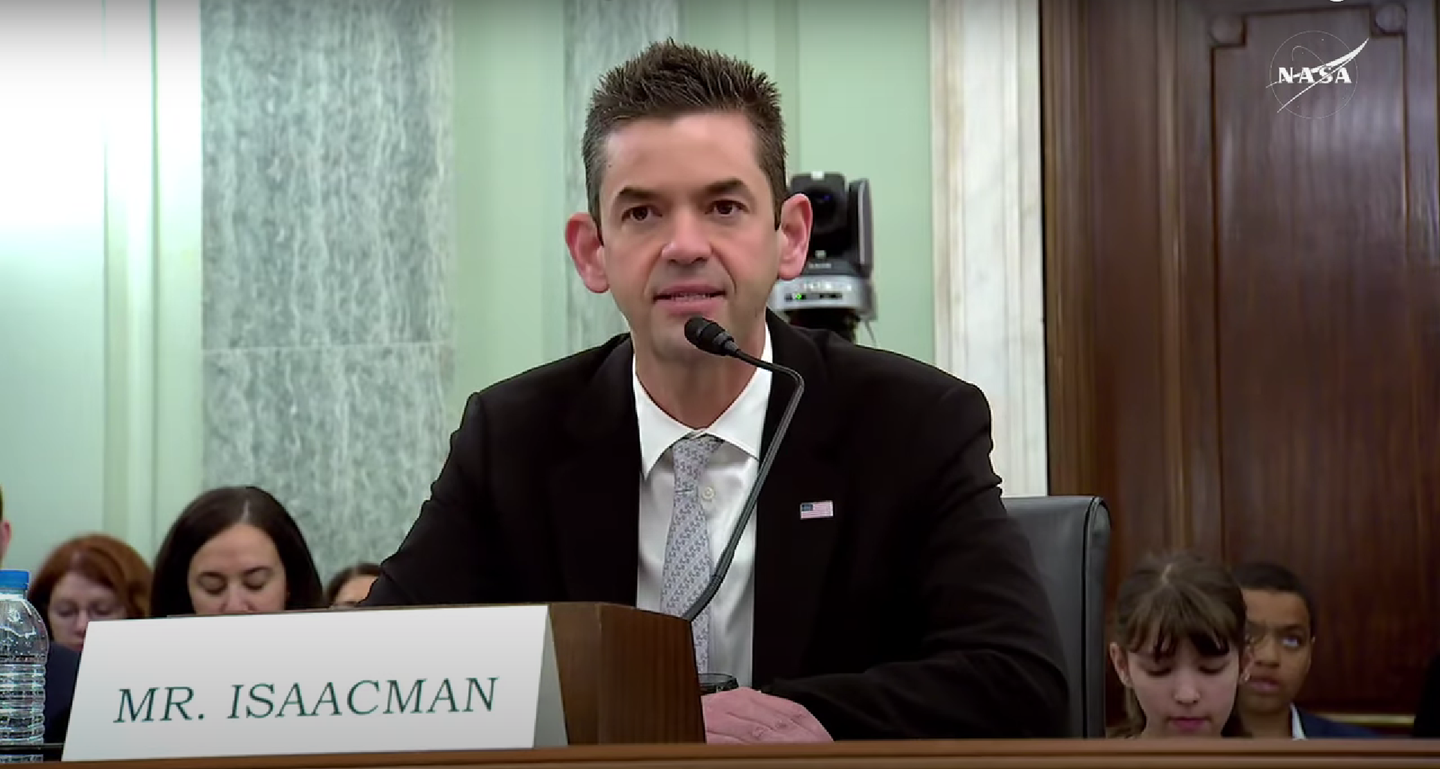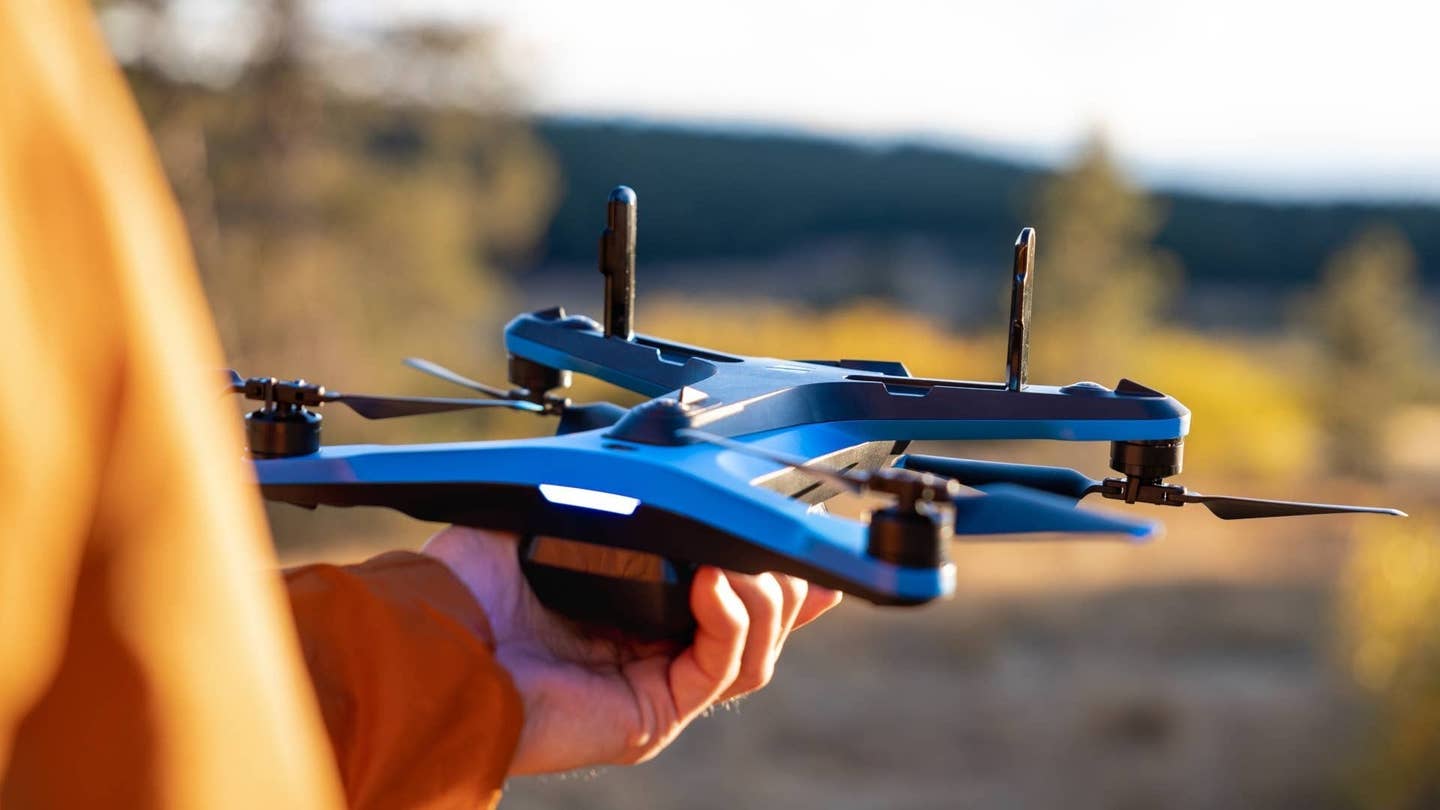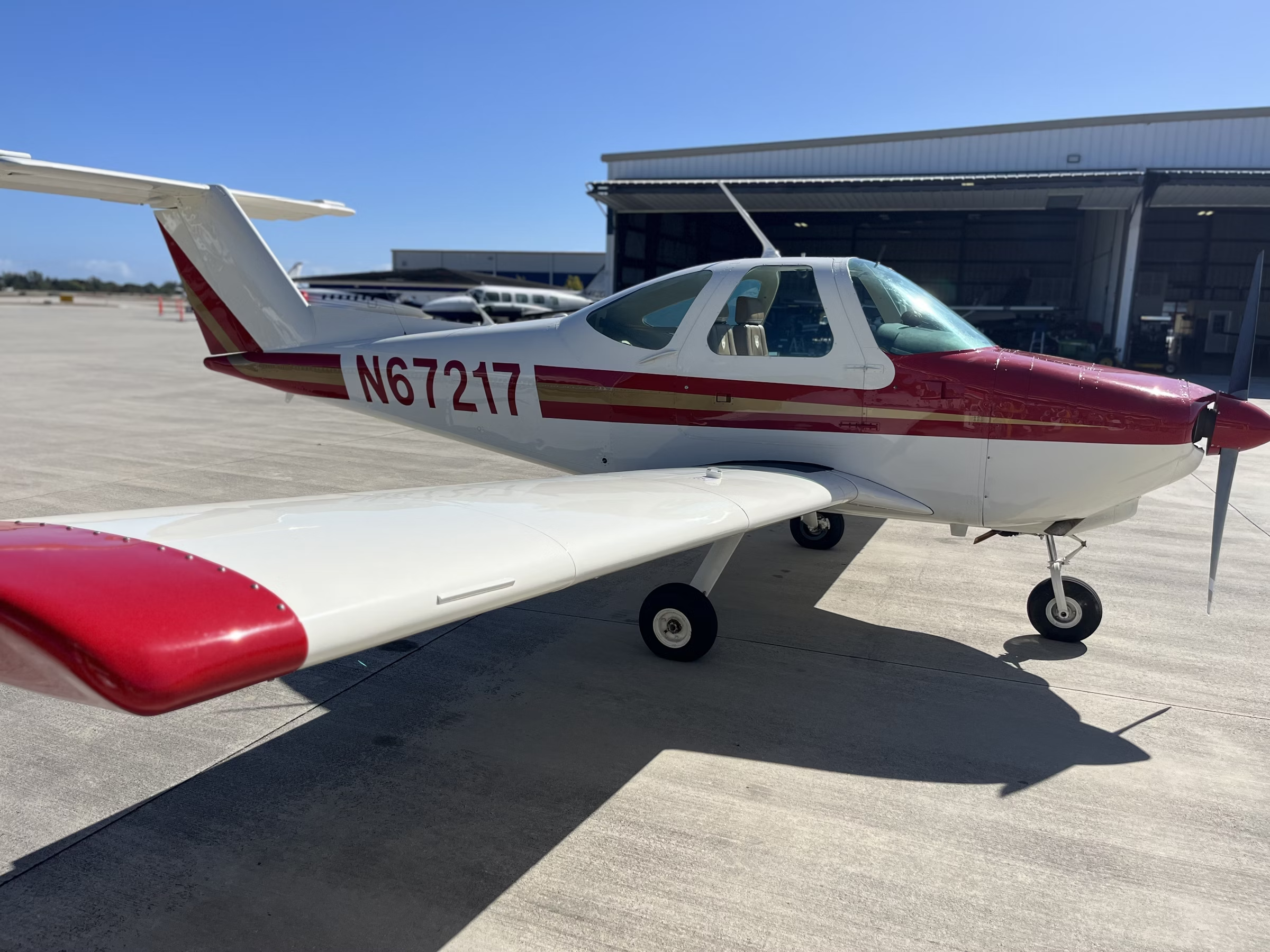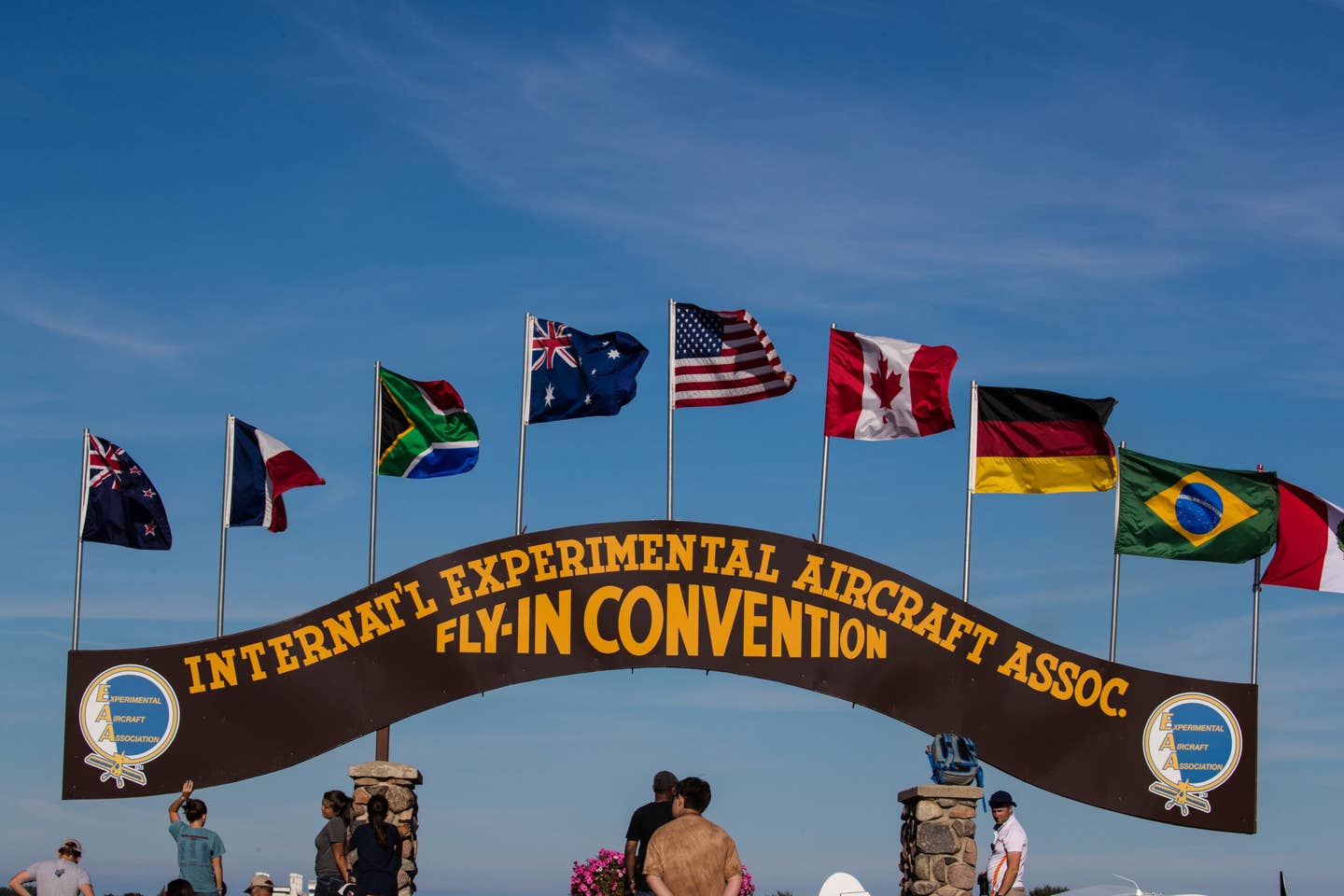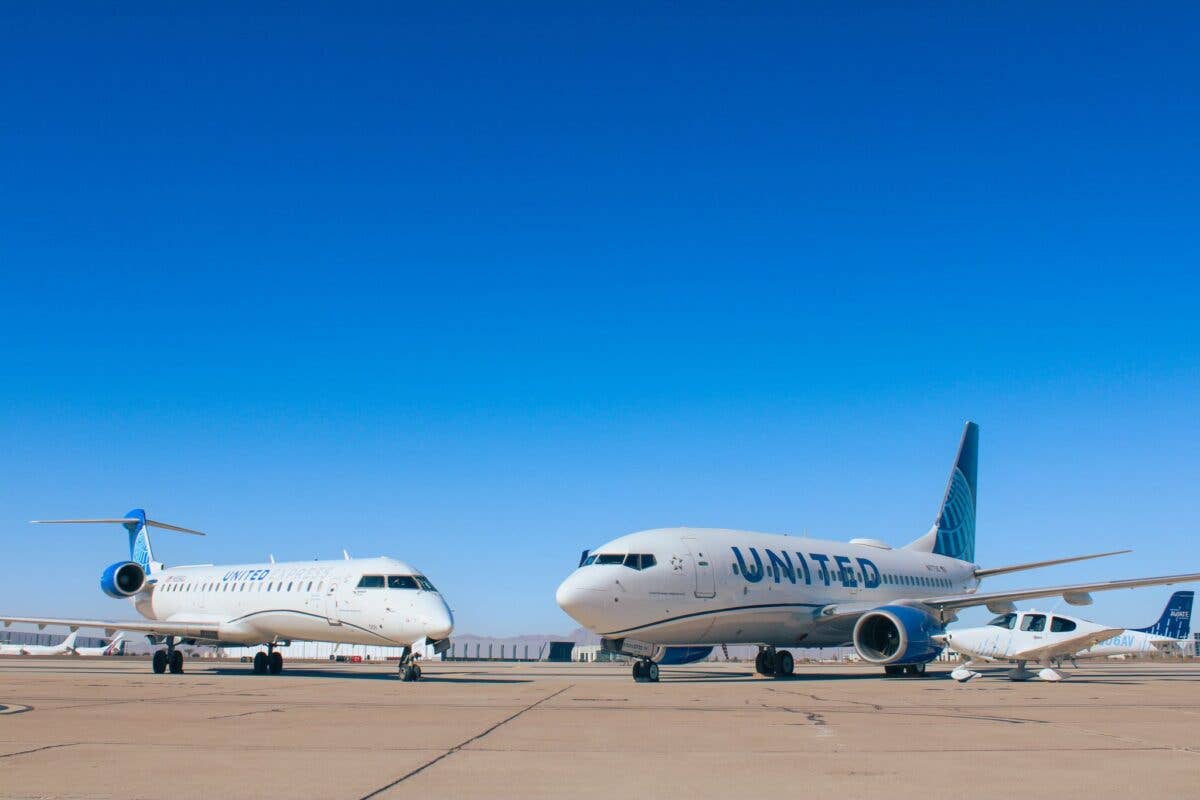Boeing Self-Flying Air Taxi Venture Wisk Aero Sets Plan for Texas Service
The manufacturer partnered with the city of Sugar Land, Texas, to explore operations of its autonomous air taxi in Greater Houston.

Wisk has not yet confirmed any air taxi routes in Texas, but here’s how its network could potentially look. [Courtesy: Wisk Aero]
Wisk Aero—the self-flying, electric vertical takeoff and landing (eVTOL) air taxi venture of Boeing—is eyeing Texas as one of its launch markets.
The manufacturer on Wednesday announced a partnership with the city of Sugar Land, Texas, to bring advanced air mobility (AAM) to the Greater Houston area, including plans to build a vertiport at Sugar Land Regional Airport (KSGR).
Wisk and the city will assess locations for a vertiport and potential training and maintenance facilities at the airport, which has been designated as a reliever airport for George Bush Intercontinental Airport (KIAH) and Hobby Airport (KHOU) in Houston. Sugar Land Regional manages 75,000 operations annually, with capacity for up to 268,000.
The initial partnership is intended to establish a larger Wisk network connecting the entire region, such as routes between downtown Houston and the Houston Airport System.
“The Greater Houston area is experiencing some of the highest population growth in the country, which calls for new and efficient ways to move across the region,” said Brian Yutko, CEO of Wisk. “Sugar Land’s strategic location within the Greater Houston region, and its forward-thinking city leadership, make it an ideal partner for us and one that is uniquely positioned as an early leader in the launch of air taxi services.”
Wisk’s four-seat Gen 6 prototype has a range of 90 sm (78 nm) with reserves. It has an estimated charge time of 15 minutes, and Wisk in 2022 said it was targeting a per-mile price of just $3 per passenger.
Twelve wing-mounted electric propellers—six fore and six aft—power the aircraft, with rear-mounted motors providing vertical lift. In forward flight, the aft propellers turn off and stow while the front propellers tilt forward to support cruising at 110-120 knots on fixed wings.
What makes the design unique, however, is its autonomy. Among major eVTOL air taxi competitors, only China’s EHang—which completed the first passenger-carrying eVTOL air taxi flight in December—is looking to fly without an onboard pilot from the jump.
Wisk said it has spent the past 18 months developing a Greater Houston stakeholder ecosystem to bring self-flying air taxis to the region. The company will work with Sugar Land, local stakeholders, and the FAA to develop ground and air infrastructure. It will also support the technical side of AAM operations, including pilot training, ground operations procedures, and plans for a potential site expansion.
The city, meanwhile, will focus on charting long-term AAM integration, engaging the local community, and creating regulations around considerations such as vertiport permitting and noise levels.
Together, Wisk and the city will explore adding maintenance and training facilities to Sugar Land Regional Airport. They will also collaborate with local and regional stakeholders to draw up routes connecting the city with the Greater Houston area.
“Sugar Land is a great place to start in the Houston region, because we want to be a city where innovation is second nature, where creativity is encouraged and where change is embraced,” said Michael Goodrum, Sugar Land city manager.
So far, Texas is not on the radar of many of Wisk’s competitors. Joby Aviation and Archer Aviation, for example, combined have announced plans to fly in cities such as New York, Chicago, and Los Angeles but not Houston, Dallas, or San Antonio.
However, the state is beginning to embrace technologies such as drone delivery, with Alphabet subsidiary Wing and Ireland’s Manna recently touching down in Dallas. Further, Overair, another Wisk competitor, partnered with Dallas/Fort Worth International Airport (KDFW) and the city of Arlington to explore service in the DFW area.
Adding to the momentum is recently passed legislation, Texas Senate Bill 2144, that established a state AAM advisory committee. The bill took effect in September.
“These public-private partnerships are exactly what we hoped would result from the passage of our legislation during the 88th Legislative Session and solidifies Texas as a leader in this new technology space,” said David Cook, a member of the Texas House of Representatives.
Outside the Lone Star State, Wisk is also eyeing operations in Los Angeles, where in October it completed what it says was the city's first public eVTOL air taxi demo using its fifth generation aircraft, Cora.
The manufacturer does not have firm launch plans for the City of Angels. However, it has an alliance with the Long Beach Economic Partnership to explore the impact of autonomous air taxis on the local economy and has been flight testing in the city since September.
Like this story? We think you'll also like the Future of FLYING newsletter sent every Thursday afternoon. Sign up now.

Sign-up for newsletters & special offers!
Get the latest FLYING stories & special offers delivered directly to your inbox

